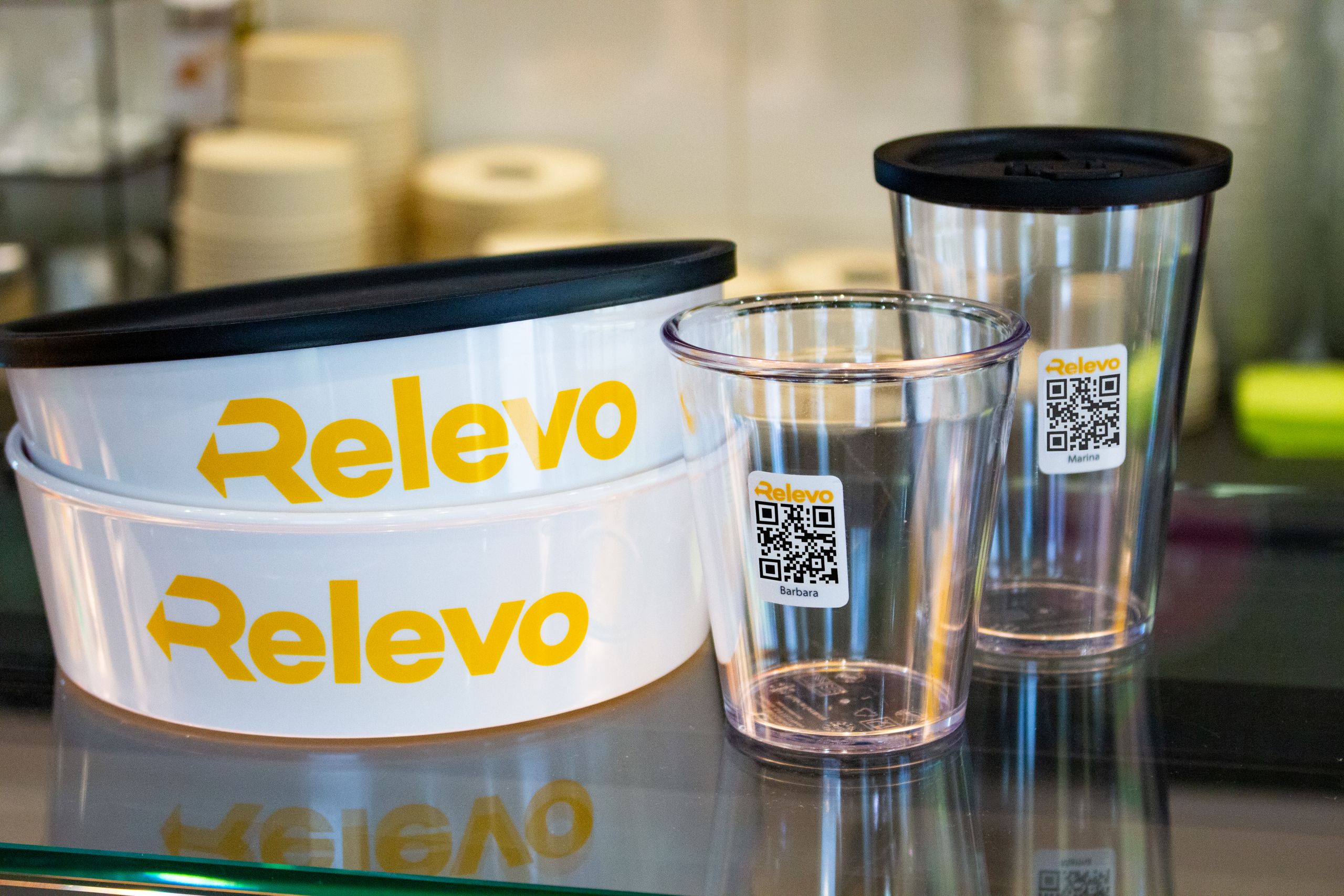Reusable and Hygiene - Tips for Safe Food Serving
Many people see the problem every day: overflowing garbage cans wherever you look – whether on the way to work or at home. Especially during the corona pandemic, the to-go food business has been booming. Good for the restaurateurs, as they can at least do some kind of business in a limited form. However its bad for the environment, as a lot of food and hot drinks are still taken away in disposable packaging, which then goes straight into the bin.
But a change is noticeable here. More and more people are bringing their own containers when picking up their food. Additionally some start-ups are increasingly spreading their reusable systems.
However, many restaurateurs are starting to have second thoughts. Are reusable tableware and the strict hygiene regulations, especially during times of the AHA rule, compatible?
The German Food Association has given a clear “yes” to this. There are a few things to keep in mind when serving food and drinks, but otherwise offering reusable alternatives is hygienically safe. How to behave correctly as a business, but also as a consumer, has been compiled in several leaflets and explanatory videos by the association (see link below).
Here you will find a summary of the most important points:
SCENARIO 1: THE CUSTOMER BRINGS HIS OWN CUPS OR CONTAINERS
In general, the end customer is responsible for the condition of their own reusable tableware. However, if the container is obviously very dirty, the service staff may refuse to refill it and offer disposable crockery instead. This is important as dirty crockery must never come into contact with the equipment behind the counter.
However, if the container appears clean, the service staff can start filling it. It is important that the customer – if possible – removes the lid of the cup or bowl beforehand.
Tip: The customer should place their dishes on a neutral surface, such as a tray. This tray with the container can then be taken and filled by the service staff. For cups that are filled with drinks, it is advisable to use a transfer cup that the reusable cup does not come into contact with the equipment, such as the coffee machine.
All surfaces that have come into contact with the customer’s crockery must be cleaned separately.
The above-mentioned change can be seen here. As mentioned, more and more guests are bringing their own containers to collect their food in. Some start-ups have already been founded that are dedicated to this topic and offer their reusable solutions.
However, many restaurateurs are having second thoughts. Are reusable tableware and the strict hygiene regulations, especially during AHA-rule times, compatible?
From the German Food Association, the answer is a clear “yes”. There are a few things to consider when serving food and drinks, but otherwise offering reusable alternatives is hygienically safe. How to behave correctly as a business, but also as a consumer, has been compiled in several leaflets and explanatory videos by the association (see link below).
Here is a summary of the most important points:
SCENARIO 2: THE RESTAURANT IS A PARTNER IN A REUSABLE SYSTEM PROVIDER
If a customer returns their reusable crockery, it is often the case that the container is dirty. Therefore, it would be best to have a separate mobile station for the returns, where the customer can place their own dishes. This station should then be carried directly to the dishwasher. There, food residues need to be discarded, and in case of heavy soiling, pre-cleaning may be necessary. The reusable crockery must be washed at least once a day at the end of the working day.
Tip: Do not stack the crockery damp after washing! Either let it air dry beforehand or wipe it dry with a clean cloth. All surfaces that have come into contact with the dirty dishes must be cleaned separately.
Hygiene regulations are therefore not an obstacle to the use of reusable dishes in takeaway establishments, even during a pandemic.
It is much more a question of the consumer and the gastronomes working hand in hand out of a conviction that they want to protect the environment.
Link Food Association Germany:

